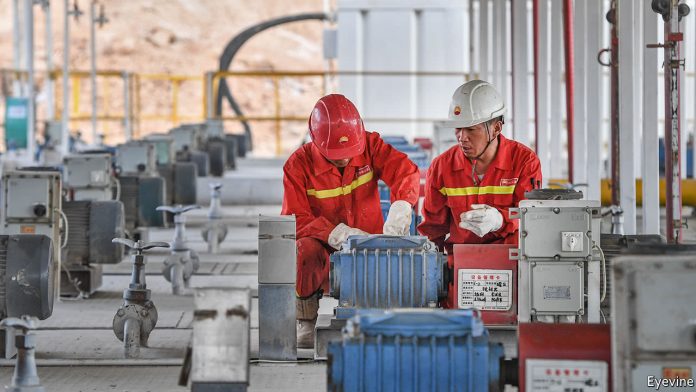COVID-19 has caused devastating damage to China’s economic activities. Many industries from catering, to retail, to tourism, and more have been hit badly due to the pandemic outbreak. Many enterprises, especially the SMEs have to suspend new hiring and occasionally even downsize staff to cut costs and survive and financial difficulties.
That being said, there are signs that point towards now being a good time to reconsider HR planning and recruitment arrangements.
Firstly, SMEs can evaluate and adjust their business development plan, dissolve unnecessary business units, and set up new lines of business that meet the new market needs.
Despite COVID-19 and the subsequent lockdowns having taken a huge toll on the economy, some industries, such as healthcare, e-commerce, online education, online medicine, telecommuting, and gaming, have seen explosive growth. Overall, COVID-19 will have a profound impact on future economic activities.
Businesses need to seize new market opportunities in order to remain agile and flexible. By doing so, they can achieve business transformation and stabilise their core business. For example, in the early days of the infectious outbreak, Chinese electric-vehicle maker BYD launched the world’s largest medical mask plant to meet the huge demand of masks at home and abroad.
When compared to large companies, SMEs have the ability to be far more flexible in achieving business transformation. They are able to recognise their HR structure and start recruiting the necessary talent to fill new roles. Given their limited resources, such entities must be adaptable to survive and stay relevant in the market.
Secondly, SMEs should develop medium and long-term human resource planning strategies to prepare well for new challenges in the post-COVID-19 era.
With COVID-19 being put under more control in China, economic activity is slowly returning back to normal. To restore the economy, the Chinese government has issued a series of preferential policies that will be effective until the end of 2020, including tax and fee cuts and social insurance exemptions. As such, it would make sense for foreign companies to consider China once more as a key region for business.
Moreover, it would be much easier for SMEs to locate targeted talents with lower employment costs under COVID-19.
The outbreak has disrupted the usual hiring routine in China, where many unsatisfied workers would usually resign before the Lunar New Year to search for new jobs. With the pandemic disrupting the holidays, many found it difficult to find jobs after the festival. Some companies laid off their employees due to the pandemic. Given this situation, it is a good time for companies to hire outstanding talents.
Recruitment is an important means for companies to obtain talents. If companies cannot find suitable employees over a long period, their ability to operate normally will be affected, resulting in the waste of time and money.
Of course, recruitment serves as the foundation for HR management. If the recruitment work is not efficiently executed, it will affect all other aspects of HR management, such as employee training, compensation and benefits, performance evaluation, workforce relationship, etc. In case an unqualified staff is employed, it will cost much more time and money in conducting training sessions to ensure the employee fits in the team. Therefore, recruitment can determine the success or failure of HR investment.




















